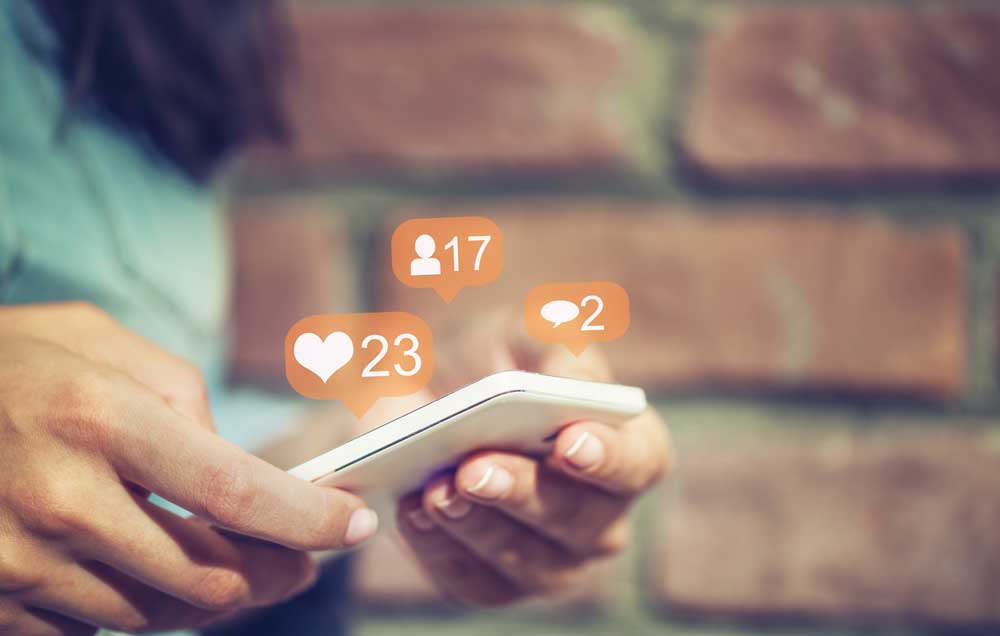At no other time in history have we been able to connect so well with long-distance loved-ones, receive instant feedback on an idea, belly laugh at goofy memes, or find welcome distraction in someone else’s story. In many ways, social media has been a tremendous gift of connection and belonging.
Yet, alongside its strengths comes a possible shadow-side, especially for those with a predisposition for depression or anxiety.
In fact, social media should come with a disclaimer (or several). Here are a few to start.
- Comparison Games. The University of Missouri released a study in 2015 finding that if social media causes you to experience feelings of envy, depression could follow. Be careful not to compare another’s snapshot of a happy moment with your regular life.
- Body Shaming. This is also a form of comparison, but it’s so prominent that it deserves a separate category. Do you click on articles about random celebrity’s weight loss, “hot” figure, or shiny sleek hair? The more you compare, the more your self-loathing increases. Can you think of a time that you compared yourself to someone else and left feeling better? Clicker beware.
- Personalizing the Numbers. You may have hundreds of “friends,” yet still feel strikingly lonely. Watch out for any inclination to measure your real-life likability to your number of friends, likes, comments, or Happy Birthday notes. Question urges to accumulate greater numbers of friends in search for connection. What are you really searching for?
- Illusion of Closeness. Social media can make far-away family seem incredibly close. However, has seeing others’ posts ever given you an opposite response? Perhaps feelings of loneliness? Isolation? Longing? Sometimes getting updates can serve as a painful reminder of what you’re missing, reminding you that you’re not as close with those you love as you’d like to be. Maybe this will spur you to reach out. However, those who are already depressed often struggle to ask for this kind of help.
- Misunderstandings. So much can be taken out of context with typed-out words that miss the context provided by tone-of-voice or body language.
- Online Bullies. People say incredibly cruel things online that they would never say in person.
- Obsession Temptation. Have you ever felt an urge to repeatedly check the online status of someone you like, love, or despise? Do you ever find yourself feeling paranoid about what someone has written?
- Difficulty Turning It Off. Do you routinely sacrifice sleep, homework, chores, or precious family time due to social media distraction? Social media can become a black hole for your time.
Let’s be clear. This is not a campaign against social media platforms. Instead, we’re hoping that you will instead evaluate your relationship with social media. Notice when it feels helpful vs. not helpful; fun vs. depressing; curious vs. envious; entertaining vs. distracting from real life. We hope that most of the time you find the rewards outweighing any stress. And for those of experiencing depression or obsession, the counselors at Star Meadow Counseling are available to help.

